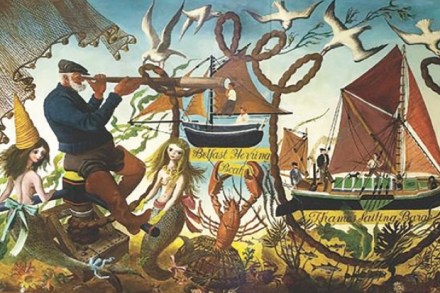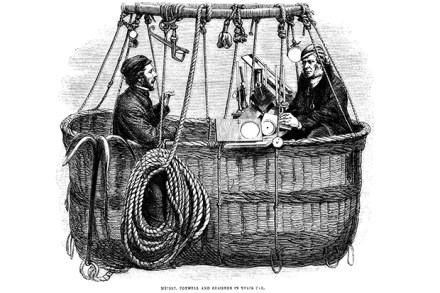The song of the sirens
The first mermaid we meet in this intriguing, gorgeously produced book is spray-painted in scarlet on a wall in Madrid, holding a heart not a mirror. Not your average mermaid, then; but as the folklorist and playwright Sophia Kingshill delves further into their complex cultural history, it becomes clear there’s no such thing. Mermaids can be gorgeous but deadly, like the ones in Pirates of the Caribbean who lure sailors into the sea, then bare their horrible fangs and move in for the kill. They can be vulnerable, like Ariel in Disney’s joyous The Little Mermaid. They can be harbingers of storms, or symbols of female inconstancy.‘It’s always a risk




















